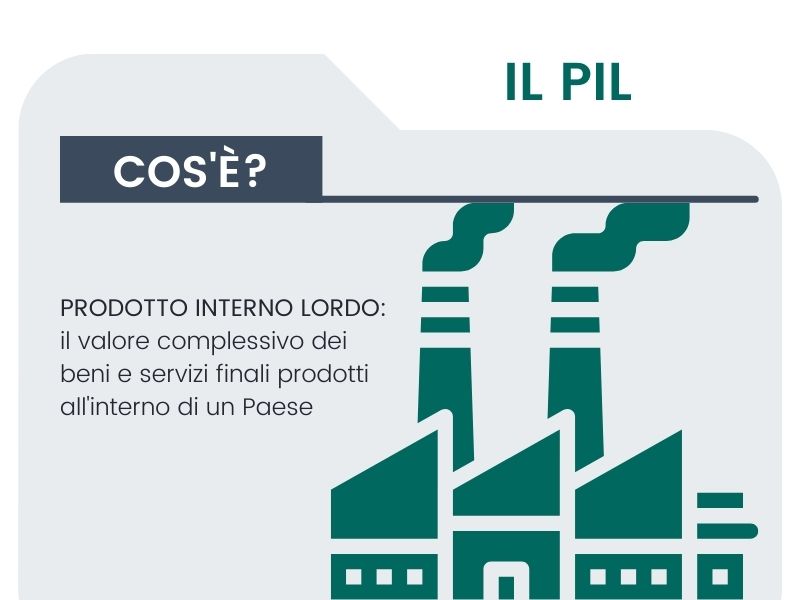What is Adaptive Project Management?
The fundamental concept underlying adaptive project management is that scope is variable, and within specified schedule and budget constraints, this approach maximizes project results value by adjusting scope at each iteration. In the adaptive approach, projects are not just a collection of activities that need to be completed on time. Instead, projects are results driven processes that must deliver benefits.
In adaptive project management, the beneficiary is the central figure in deciding what constitutes project value. At the completion of an iteration or cycle, the beneficiary has an opportunity to adapt the project based on what was learned from all previous iterations. This constant adjustment means that an adaptive project’s course is constantly corrected to ensure the delivery of maximum project value to the beneficiaries.
The adaptive approach means that projects are results based rather than activity based. On an activity-based project, the team spends all its energy and focus on delivering all the planned activities and then wait for the project evaluation to see if the project was able to reach the intended goal. A focus on results-based approach is based on iterations, after the delivery of an activity the team and the beneficiaries review the results and make the required changes and corrections for the next iteration. This approach provides opportunities to apply what the project has learned to improve the project and maximize the results.
The structured and systematic process of adaptive project management, to continually improve decisions and practices by learning from the outcomes of previous decisions, makes it a powerful framework for development projects. Development projects are built on initial assumptions that the project believes are true at the moment of designing the project; but the reality is that assumptions are always changing, and that makes it even more important to adapt the project and make the modifications to the original plan.
Adaptive management is also a structured project management framework. It is not a formalized process that must be strictly followed. The framework can be tailored to different types of development projects. The first rule of adaptive management is simplicity, it’s not about developing detailed project plans and having the project team follow them blindly; it’s about plans that will be adapted to reflect the changes, learning, and feedback from stakeholders.
Differences between traditional and adaptive project management:

Practical recommendations:
- Do not define a detailed project plan; use an iterative project management approach.
- Use quantitative risk analysis at each phase and iteration of the project.
- Review original assumptions and incorporate new learning when planning the next project iterations.
- Adaptive management is best implemented within a creative environment that has a collaborative structure for beneficiary participation and learning.
Want to lear






